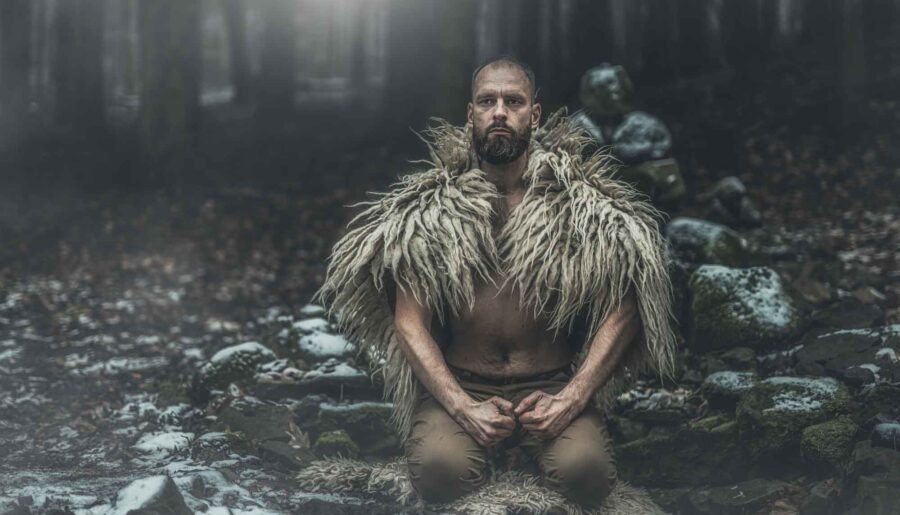Part of Halloween Facts – Series

(TAKE QUIZ AT END TO SCORE LUMENS.)
Just like the idea of the Zombie, Halloween has meant many different things throughout history.
Halloween, as we know it today, has its origins in a combination of different traditions and cultural influences. Some of these traditions date back to at least 2000 BCE:
The changing of the seasons, from Fall to Winter, have inspired humanity over the course of history.
The Celts (who are thought to have spread throughout modern Europe from the 2nd millennium BCE to the 1st century BCE) celebrated the Celtic Festival of Samhain.
Celtic Festival of Samhain
Samhain marked the end of the harvest season and the beginning of winter in Celtic lands, particularly in what is now Ireland, the United Kingdom, and France.
It was a time when the boundary between the living and the dead was believed to blur, allowing spirits to return to Earth.
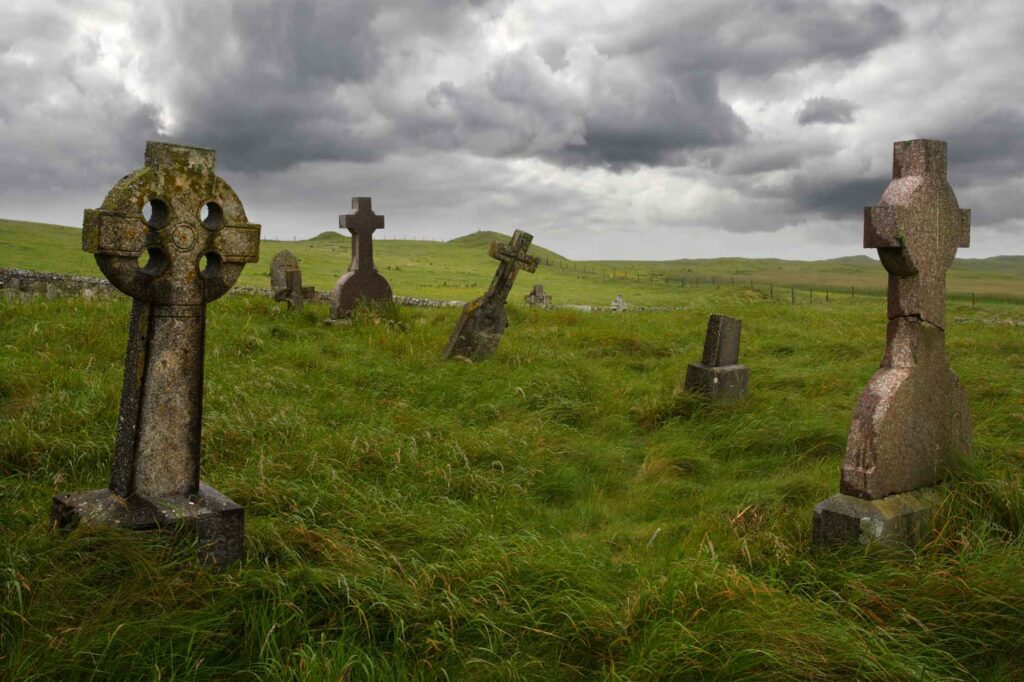
Roman Influence
The Romans conquered Celtic territories, and some of their customs and festivals, such as Feralia (a day for commemorating the dead) and Pomona (a celebration of the Roman goddess of fruit and trees), may have influenced the development of modern day Halloween.
Christian Influence
The Christian church later incorporated elements of Samhain into its own observances. November 1st became All Saints’ Day, or All Hallows’ Day, a day to honor saints and martyrs. The evening before, October 31st, was known as All Hallows’ Eve, which eventually became Halloween.
Medieval Europe
During the Middle Ages, various customs and traditions related to the dead and supernatural beings were observed around the time of Halloween. These included mumming, souling (begging for soul cakes), and lighting bonfires to ward off evil spirits.
Below: Traditional English melody and lyrics about the practice of “souling” — offering prayers for people’s beloved departed in exchange for soul cakes. Cathedral bells and organ ring out on All Souls Day (November 2) as the soulers go about this Christian custom. By: Kristen Lawrence.
Irish and Scottish Traditions
Many Halloween traditions, such as jack-o’-lanterns, originated in Ireland and Scotland. Turnips and later pumpkins were hollowed out and carved with faces, and candles or other light sources were placed inside. This practice was meant to both ward off evil spirits and light the way for the souls of the dead.
To learn more about early pumpkin carving: Check out – Who Started the Halloween Tradition of Pumpkin Carving?
Immigration to North America
Halloween was brought to North America by European immigrants, particularly Irish, Scottish, and English settlers. In the United States and Canada, it evolved into a more secular and community-centered holiday. Trick-or-treating became a popular tradition, where children go door-to-door in costume, asking for treats.
Commercialization
In the 20th century, Halloween became increasingly commercialized, with the sale of costumes, decorations, and candy playing a significant role in the holiday’s modern celebration.
Today, Halloween is a widely celebrated holiday in North America and is also gaining popularity in other parts of the world. It has evolved into a festive and fun occasion featuring costume parties, haunted houses, pumpkin carving, and an emphasis on all things spooky and supernatural, rather than its original religious or superstitious meanings.
QUICK QUESTIONS: SCORE QUICK LUMENS BELOW…
-
Product on sale
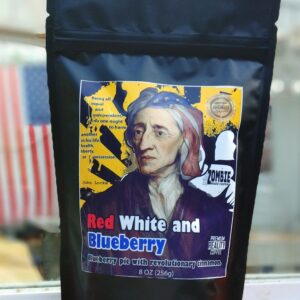 Red, White and Blueberry – Premium Blueberry Blend (8 oz.)Original price was: $13.99.$12.99Current price is: $12.99.
Red, White and Blueberry – Premium Blueberry Blend (8 oz.)Original price was: $13.99.$12.99Current price is: $12.99. -
Product on sale
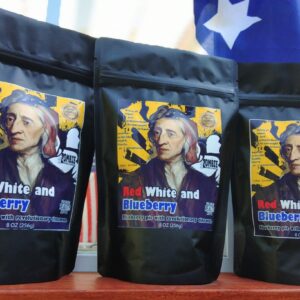 Red, White, and Blueberry Trio: Let Freedom and Flavor Ring! (3 pack of Blueberry 8 oz. each)Original price was: $38.99.$36.99Current price is: $36.99.
Red, White, and Blueberry Trio: Let Freedom and Flavor Ring! (3 pack of Blueberry 8 oz. each)Original price was: $38.99.$36.99Current price is: $36.99. -
Product on sale
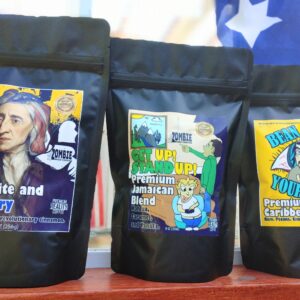 Independence Brew Trio: Savor the Freedom in Every Sip! (Blueberry, Jamaican, Caribbean) 8 oz.Original price was: $38.99.$36.99Current price is: $36.99.
Independence Brew Trio: Savor the Freedom in Every Sip! (Blueberry, Jamaican, Caribbean) 8 oz.Original price was: $38.99.$36.99Current price is: $36.99. -
Product on sale
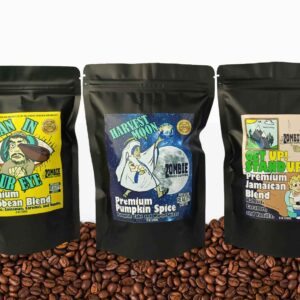 Flavor Pack – Premium Pumpkin Spice, Caribbean and Jamaican Blends (8 oz. each)Original price was: $38.99.$36.99Current price is: $36.99.
Flavor Pack – Premium Pumpkin Spice, Caribbean and Jamaican Blends (8 oz. each)Original price was: $38.99.$36.99Current price is: $36.99. -
Product on sale
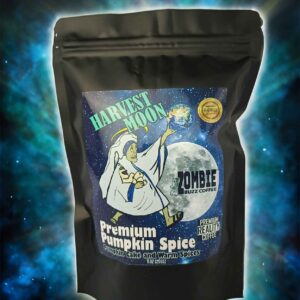 Harvest Moon – Premium Pumpkin Spice Blend (8 oz.)Original price was: $13.99.$12.99Current price is: $12.99.
Harvest Moon – Premium Pumpkin Spice Blend (8 oz.)Original price was: $13.99.$12.99Current price is: $12.99. -
Product on sale
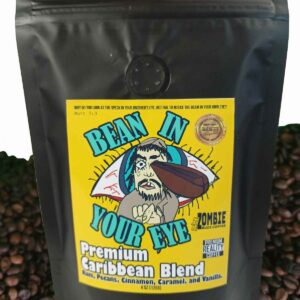 Bean In Your Eye – Premium Caribbean Blend (8 oz.)Original price was: $13.99.$12.99Current price is: $12.99.
Bean In Your Eye – Premium Caribbean Blend (8 oz.)Original price was: $13.99.$12.99Current price is: $12.99.
QUICK QUESTIONS: SCORE QUICK LUMENS.
Score 10 Lumens per question fast! Get shop discounts!
Try Our High Quality Small Batch Craft Coffee!
-
Product on sale
 Red, White and Blueberry – Premium Blueberry Blend (8 oz.)Original price was: $13.99.$12.99Current price is: $12.99.
Red, White and Blueberry – Premium Blueberry Blend (8 oz.)Original price was: $13.99.$12.99Current price is: $12.99. -
Product on sale
 Red, White, and Blueberry Trio: Let Freedom and Flavor Ring! (3 pack of Blueberry 8 oz. each)Original price was: $38.99.$36.99Current price is: $36.99.
Red, White, and Blueberry Trio: Let Freedom and Flavor Ring! (3 pack of Blueberry 8 oz. each)Original price was: $38.99.$36.99Current price is: $36.99. -
Product on sale
 Independence Brew Trio: Savor the Freedom in Every Sip! (Blueberry, Jamaican, Caribbean) 8 oz.Original price was: $38.99.$36.99Current price is: $36.99.
Independence Brew Trio: Savor the Freedom in Every Sip! (Blueberry, Jamaican, Caribbean) 8 oz.Original price was: $38.99.$36.99Current price is: $36.99. -
Product on sale
 Flavor Pack – Premium Pumpkin Spice, Caribbean and Jamaican Blends (8 oz. each)Original price was: $38.99.$36.99Current price is: $36.99.
Flavor Pack – Premium Pumpkin Spice, Caribbean and Jamaican Blends (8 oz. each)Original price was: $38.99.$36.99Current price is: $36.99. -
Product on sale
 Harvest Moon – Premium Pumpkin Spice Blend (8 oz.)Original price was: $13.99.$12.99Current price is: $12.99.
Harvest Moon – Premium Pumpkin Spice Blend (8 oz.)Original price was: $13.99.$12.99Current price is: $12.99. -
Product on sale
 Bean In Your Eye – Premium Caribbean Blend (8 oz.)Original price was: $13.99.$12.99Current price is: $12.99.
Bean In Your Eye – Premium Caribbean Blend (8 oz.)Original price was: $13.99.$12.99Current price is: $12.99. -
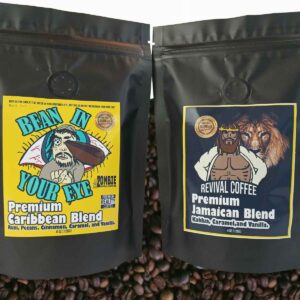 Unity Pack – Premium Caribbean and Jamaican Blends (4 oz. each)$13.99
Unity Pack – Premium Caribbean and Jamaican Blends (4 oz. each)$13.99 -
Product on sale
 Bean In Your Eye – Premium Caribbean Blend (4 oz.)Original price was: $7.49.$6.99Current price is: $6.99.
Bean In Your Eye – Premium Caribbean Blend (4 oz.)Original price was: $7.49.$6.99Current price is: $6.99. -
Product on sale
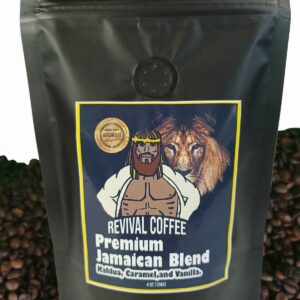 Revival Coffee – Premium Jamaican Blend (4 oz.)Original price was: $7.49.$6.99Current price is: $6.99.
Revival Coffee – Premium Jamaican Blend (4 oz.)Original price was: $7.49.$6.99Current price is: $6.99.

